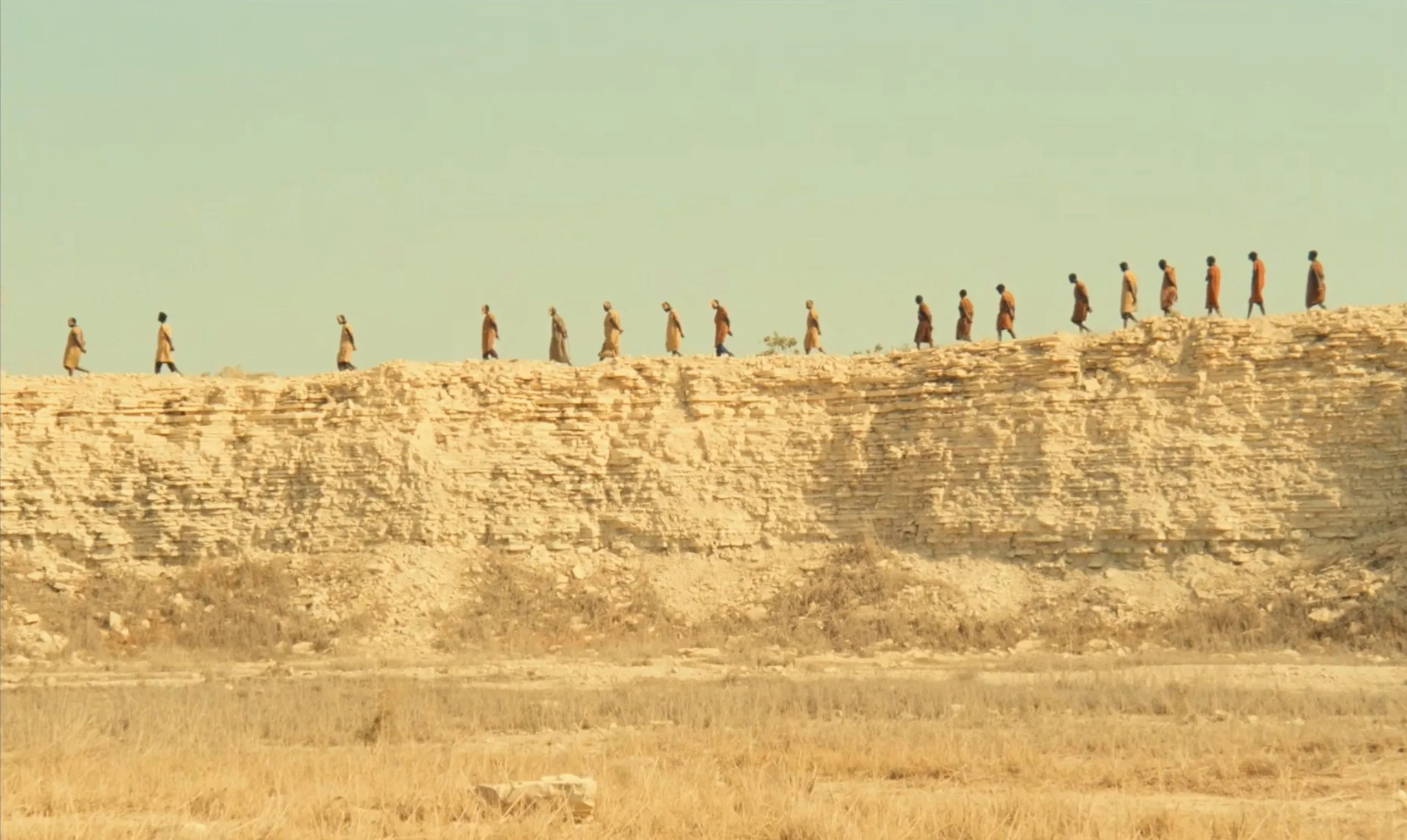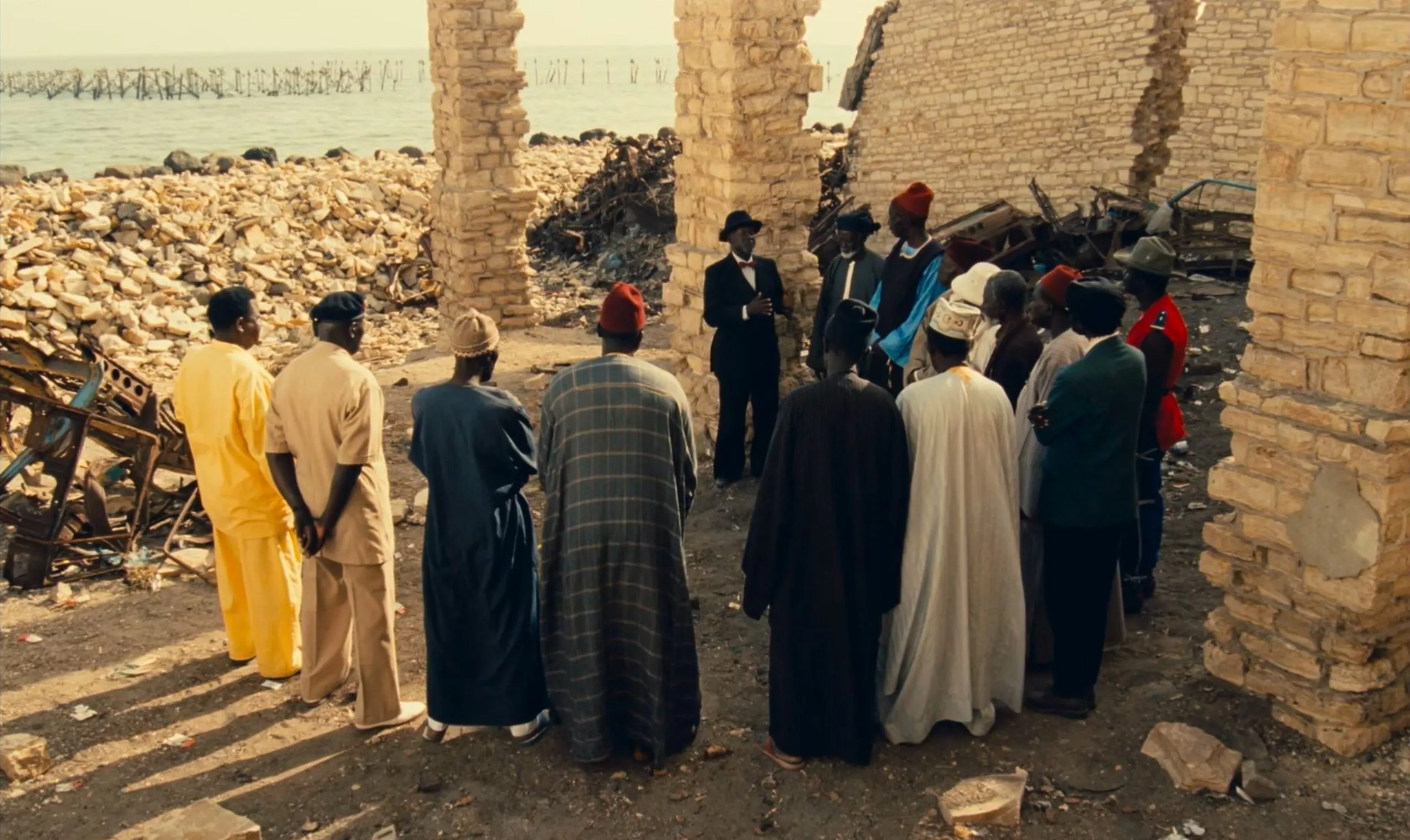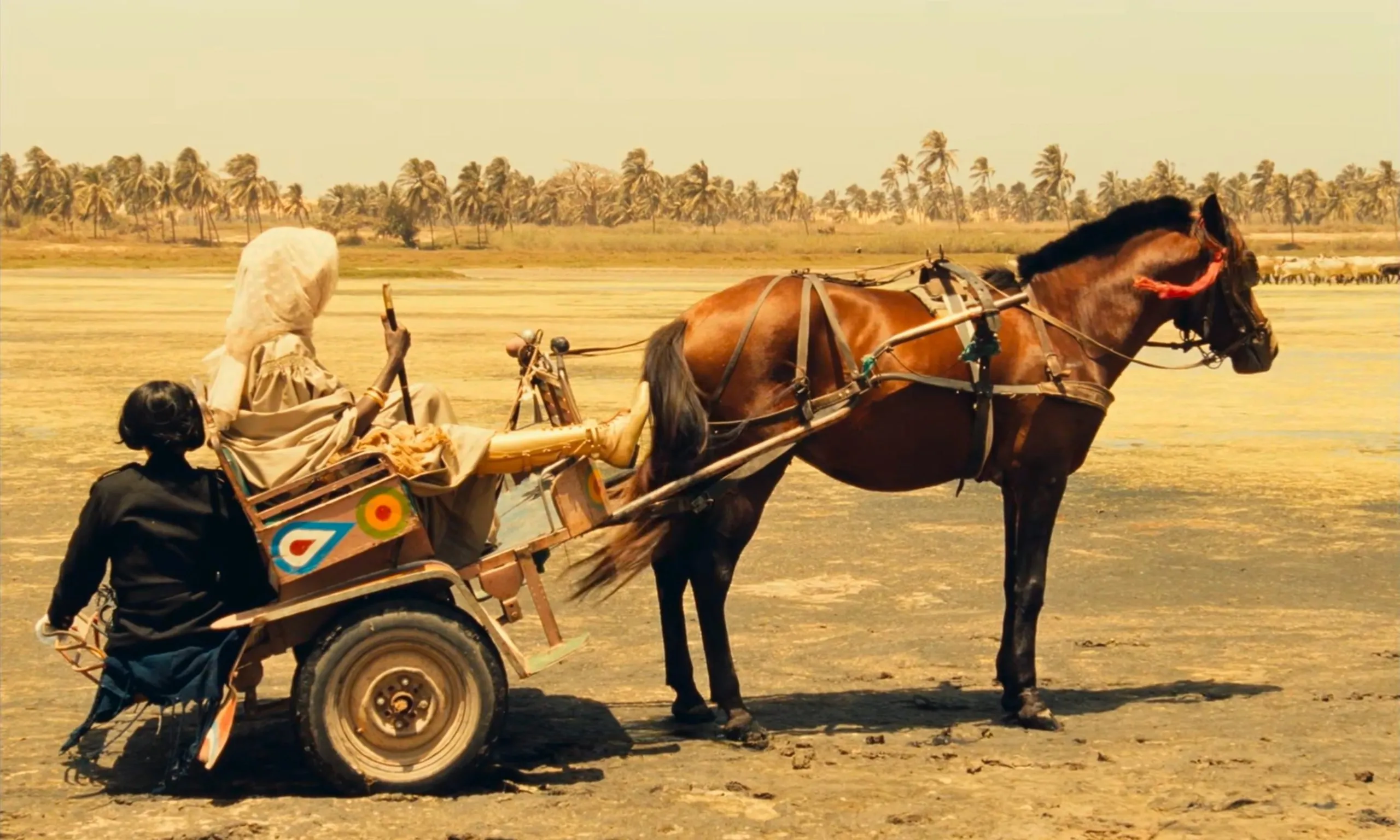
'Hyenas' and Neo-Colonialism in Senegal
Directed in 1992 by the Senegalese director Djibril Diop Mambéty, ‘Hyenas’ can be interpreted as an allegory for the corrosive consequences of neo-colonialism in Africa. The film is taking place on the outskirts of Dakar and with its universal story and strong character development, it explores the power relationship between the locals and the ex-colonials powers.
Neo-Colonialism in Brief
The concept of neo-colonialism can be simply understood as a new form of the classic colonialism. It is widely associated with the policies ex-colonial powers follow to maintain and re-establish an amount of control over their former colonies. Therefore, the newly independent countries enjoy in principle political sovereignty, but with the tightening of former economical and political strings, they develop a considerable degree of dependence on the ex-colonial powers.
The term neocolonialism was coined by Kwame Nkrumah, a pan-Africanist visionary and major figure in African politics for more than four decades. Nkrumah became the first president of independent Ghana in 1957 and ruled until 1966 when his regime was overthrown by a military coup abetted by Washington. In his book Neo-Colonialism, the Last Stage of Imperialism, published in 1965, he sought answers for the continued underdevelopment of African countries and explained the obstacles to overcoming neo-colonial forces.
The de-colonization process that took place almost sixty years ago, dismantled the French colonial empire to a large extent. In 1957, the future Socialist president François Mitterrand claimed that “Without Africa, France will have no history in the twenty-first century.” In this context, the French influence on its former colonies started manifesting itself in a new manner with the use of neo-colonial tactics and tools. By signing bilateral economic, political, and military agreements, France tried to maintain its influence on the former colonies. Taking into consideration the above, in Djibril Diop Mambéty’s “Hyenas” the fabric of the society is gradually eroding as external forces infiltrate into its core and attempt to control it.
“My task was to identify the enemy of humankind: money, the International Monetary Fund, and the World Bank.”
Djibril Diop Mambéty
Djibril Diop Mambéty: The Person Behind ‘Hyenas’
Born and raised in Colobane, Mambéty was a director, actor, composer, poet, and orator, whose work is admired today by critics and audiences all over the world. He garnered much critical attention throughout the course of his three-decade filmic output, which consisted of seven films (two features and five short films).
His cinematic vision, his unique technical and storytelling skills gave him a legacy that would live on well past his death. His first feature film Touki Bouki (1973), Journey of the Hyena in Wolof, tells the story of a non-conformist young couple, who dream of fleeing their life in Dakar for France. Whereas in Touki Bouki we see Senegal’s youth trying actively to escape the post-colonial malaise that had stifled the national economy since independence, in Hyenas everyone is gradually turning themselves into the entity, which they initially despised.
The New Yellow Boots Made in Burkina Faso
Hyenas, shot almost 20 years after Touki Bouki, was based on Friedrich Dürrenmatt’s Swiss-German satirical tragicomedy play The Visit. Even though Mambéty keeps some of the play’s comical elements, he gives a darker turn to his movie by focusing more on the exploitation of the citizens by outside forces and the dependency relationship that this situation creates.

The men of Colobane discuss how to best welcome Linguere Ramatou.
In this case, Mambéty’s stand-in for the powerful outside forces is Linguere Ramatou (Ami Diakhate). She is an extremely wealthy woman, said by locals to be “richer than the World Bank,” who returns after decades to her hometown, the commune of Colobane, and gives the locals a hideous proposal. She promises them a big amount of money if they kill Dramaan Drameh (Mansour Diouf) the local merchant, who got her pregnant back then and left her.
Even though at first the locals unanimously object to the proposal with wide-eyed gasps and pride themselves on their strong bond, it gradually becomes easier for them to find a rationale for Ramatou’s offer. As a personification of capitalistic power, Ramatou has confidence in her power and the means she owns to project and maintain it. She aims to control peoples’ actions —as in killing the person who betrayed her— not by using direct means of control but by providing the villagers short-term riches.
Not all villagers fall into the downward spiral of consumerism, but they inevitably start being tempted by the concept of quick and easy acquisition of new material goods. One day, Draman notices that a lot of villagers wear a new pair of yellow boots made in Burkina Faso but still ask to purchase expensive goods from him on credit. That was the point when Draman realized that his life was an obstacle for the locals. Everyone looked after their own benefit, forgetting their once beloved local merchant, who allowed them to purchase necessary goods on credit rather than having them pay upfront.

Linguere Ramatou and her Japanese assistant waiting for Draman.
As time goes by, yellow boots and expensive cigarettes are not enough. Fridges, televisions, air-conditioners in quantities become a necessity. An amusement park is built as well in Colobane, where everyone can have fun and enjoy the perks of capitalism. By consuming more and more material goods and services, the people of Colobane seem to think that post-colonial challenges belong to the past, that they are free, with a prosperous future lying ahead. Before they realize that this behavior can produce more debts and potentially create a financial crisis, the people and the land of Colobane come under Ramatou’s control.
With his aim being global rather than continental, Mambéty stated once in an interview: “My task was to identify the enemy of humankind: money, the International Monetary Fund, and the World Bank.” Today, with nearly half of the Senegalese population (46.7%) living in poverty, Mambéty’s view still remains relevant.
Disclaimer: The thoughts expressed are solely based on the specific reading of the film. By no means, the movements or organizations established by African people to fight the external (or internal) threats in any form are overlooked or neglected.